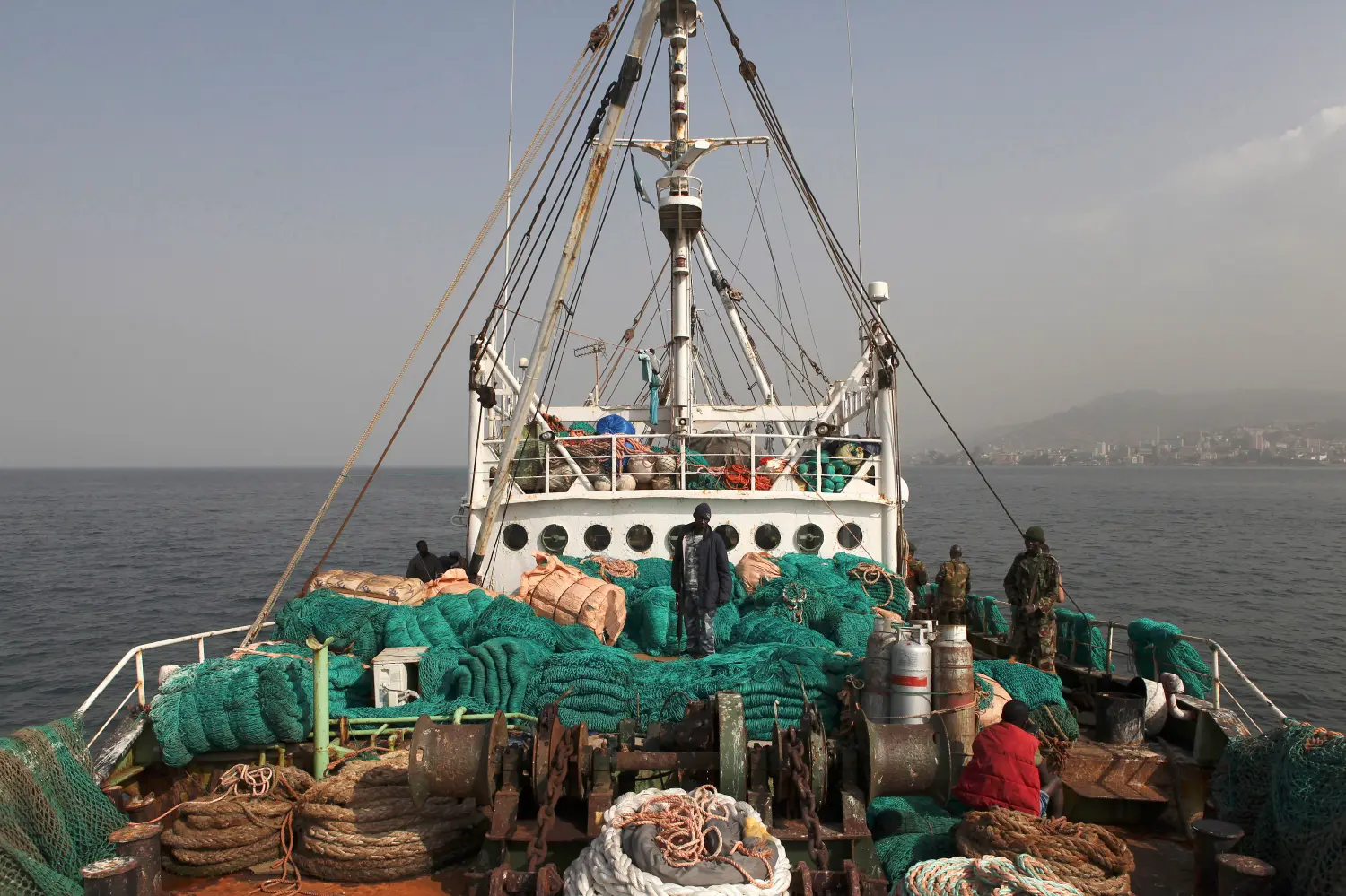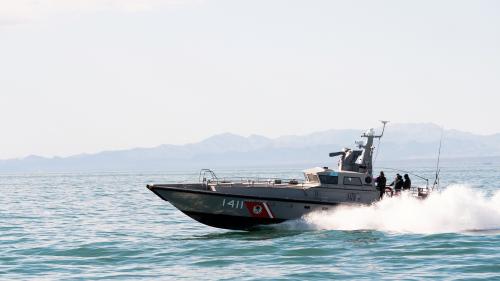This paper was originally published by PLOS ONE.
Abstract
Maritime piracy constitutes a major threat to global shipping and international trade. We argue that fishers turn to piracy to smooth expected income losses and to deter illegal foreign fishing fleets.
Previous investigations have generally focused on cross-national determinants of the incidence of piracy in territorial waters. These investigations neglect piracy in international waters and ignore its spatial dependence, whereby pirate attacks cluster in certain locations due to neighborhood and spillover effects.
We conduct a geographically disaggregated analysis using geo-referenced data of piracy and its covariates between 2005 and 2014. We demonstrate that the incidence of piracy in a particular location is associated with higher catch volumes from high-bycatch and habitat-destroying fishing, even when controlling for conditions in proximate coastal areas. We find, additionally, that illegal, unreported, and unregulated fishing exerts an especially pronounced effect on piracy.
These findings highlight the need for anti-piracy solutions beyond enforcement to include the policing of fishing practices that are illegal or are perceived by local fishers in vulnerable coastal areas to be harmful to small-scale fishing economies.








